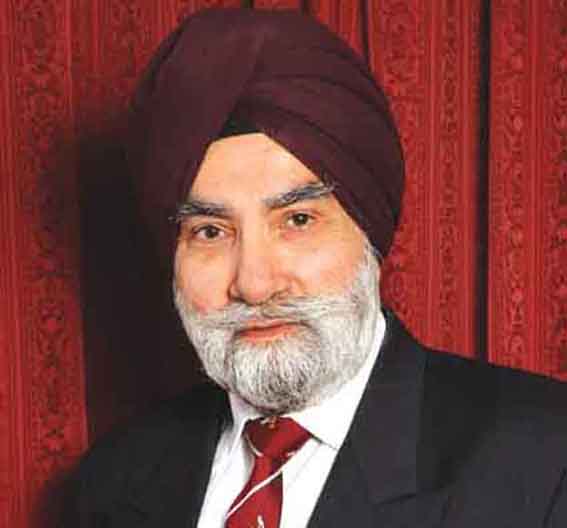Can Sikh Scholars Rise to the Conversions Challenge?

Recently, a colleague, concerned about Sikh conversions to other faiths, forwarded a research paper by a Sikh scholar. He felt that such academic papers lacked Sikhi-based originality and were not borne out of personal experiences of someone on a spiritual path. He suggested that Sikhi research should be presented in a persuasive manner and that Sikh scholars and parcharaks are failing to meet the conversions challenge.
In one of his essays, Dr I J Singh of USA wrote that Sikh scholars need to nurture their ties to the community and that most Sikh academicians do not take the trouble to connect with the community. Connection with the community or Sangat is a necessary spiritual experience for a scholar of Sikhi.
Regrettably, it is noticeable that modern Sikh scholars tend to have a fixation on scoring university Ph Ds rather than a genuine desire to study and experience Sikhi by understanding Gurbani idiom and Sikhi tradition to work towards Sikhi miri-piri objectives and to serve the Khalsa Panth. Modern Sikh scholars feel compelled to look for similarities with other ideologies, philosophies, isms and socio-political systems to validate the theo-social revolution of Guru Nanak Jot-Jugat.
We have got used to listening to Sikh interfaith presenters trying to prove how similar Sikhi is to non-Sikh ideologies! Such an approach may serve personal ambition to be accepted by the establishment but not the need to project the originality of the theo-social revolution of Guru Nanak leading to an ideal society.
By contrast, starting with Bhai Gurdas, classical scholars wrote Gurbani exegesis by using Gubani idiom and parman only.
There are very few who try to research, understand and project the continuity of Guru Jot-Jugat, Guiding Light and Methodology, from Guru Nanak through the nine other Guru-persons to Sri Guru Granth Sahib. Few try to connect the dots, for example, from Guru Nanak Who saw a burning world and started his preaching mission (ref. Bhai Gurdas) to the open declaration by Fifth Nanak, Guru Arjan Sahib, of Halemi Raj. Few research the miri-piri Guru Jot journey from Kartarpur to Anandpur Sahib.
Guru Nanak Sahib kept his teachings simple for the ordinary person and avoided the complicated and confusing language of the vedic pundit and the Muslim ulama (Bahman and Maulanay referred to by Bhai Gurdas). Guru Ji also gave new meanings to old word-concepts to introduce the Sikhi paradigm or revolutionary approach to life in the New Age.
I addressed such issues in a short article in June 2021 in connection with Guru Nanak Chair at Birmingham University - Need for Community Involvement and Research Validation. Academics in the area of modern Sikh Studies prefer to work in isolation and tend to develop a narrow outlook. They become insensitive to community feelings and interests. They can frustrate community initiatives and add to controversies surrounding certain issues.
There are numerous opportunities to promote Sikh ideology, institutions and identity. Over the years, the Sikh Missionary Society UK has responded to requests for briefings on a wide range of topics. Students of all age groups make presentations on Sikhi at school, while advanced researchers are looking for pointers to further research. The spiritual experience of a sincere Sikh researcher is inseparable from the activity of research or khoj, itself.
Next generation Sikh scholars need to meet the conversions challenge to Sikhi today by following in the footsteps of the long line of classical Sikh scholars.
Further reading:
https://www.sikhmissionarysociety.org/
https://www.sikhnet.com/news/guru-nanak-chair-birmingham-university-need-community-involvement-and-research-validation
Gurmukh Singh OBE
Principal Civil Servant retd (UK)